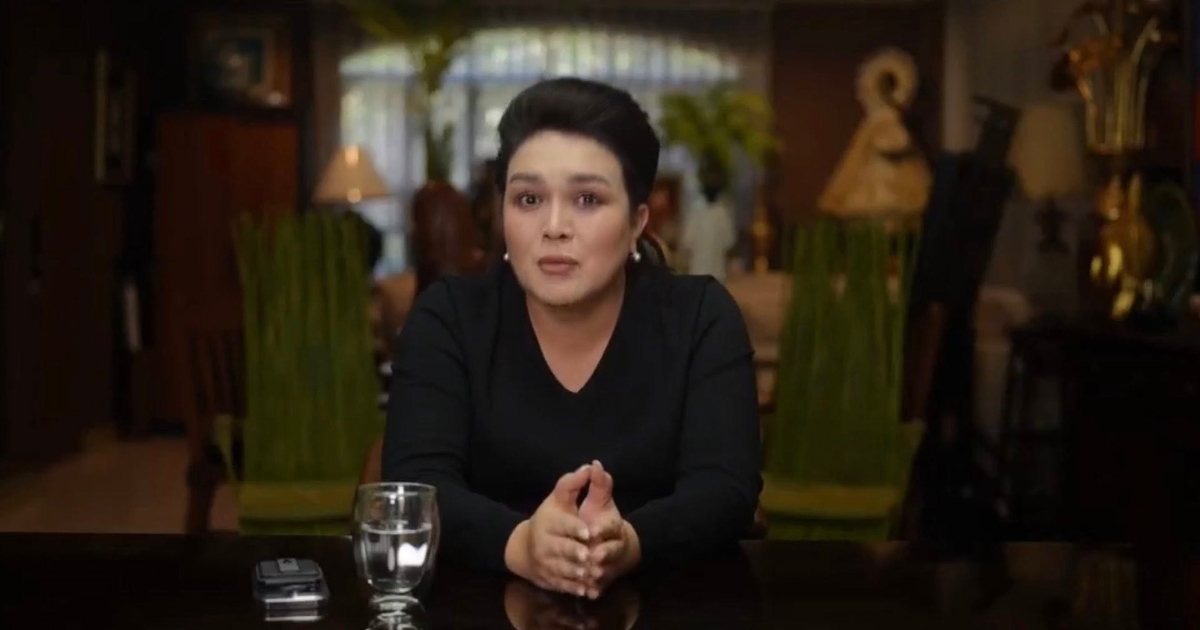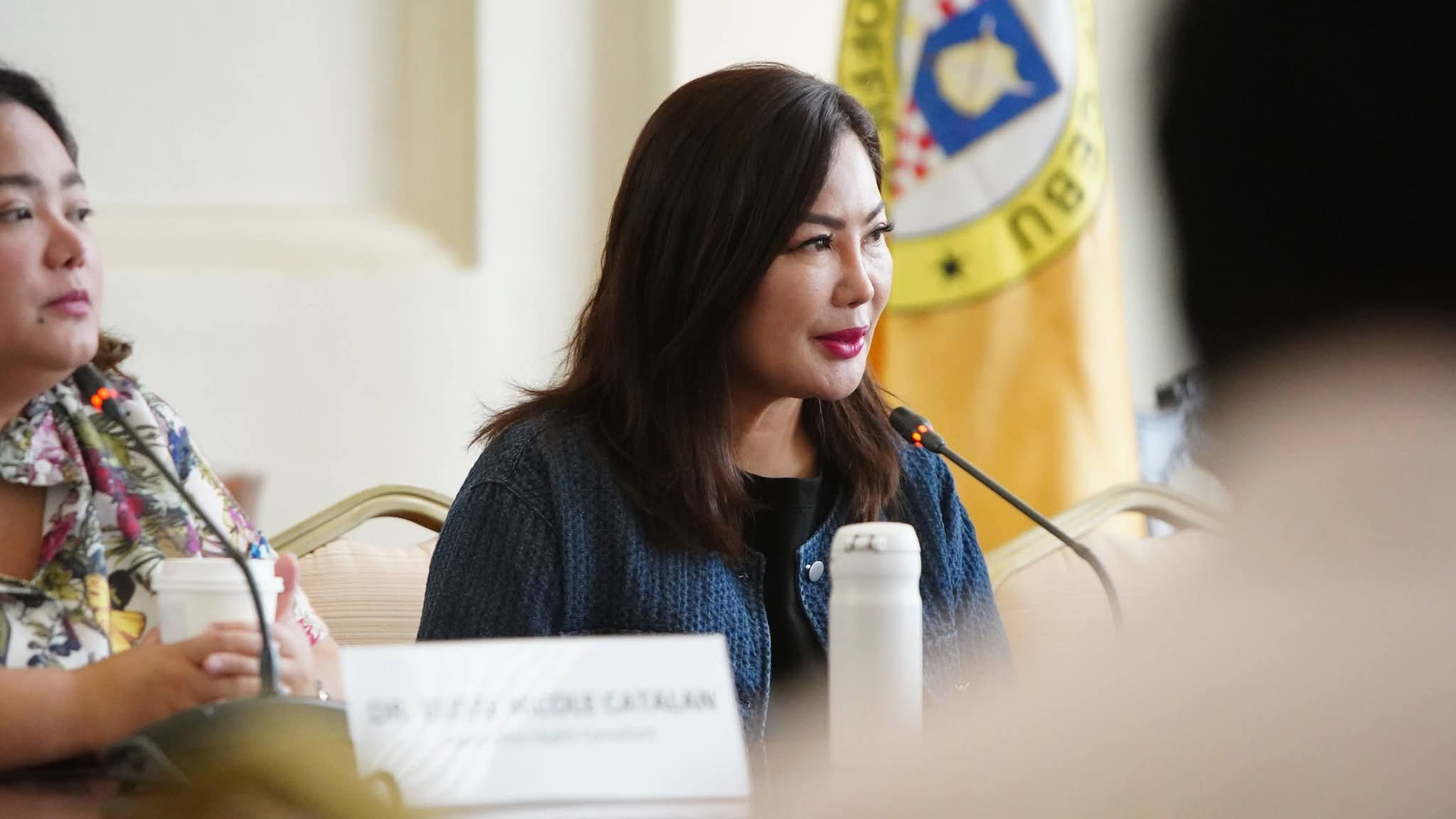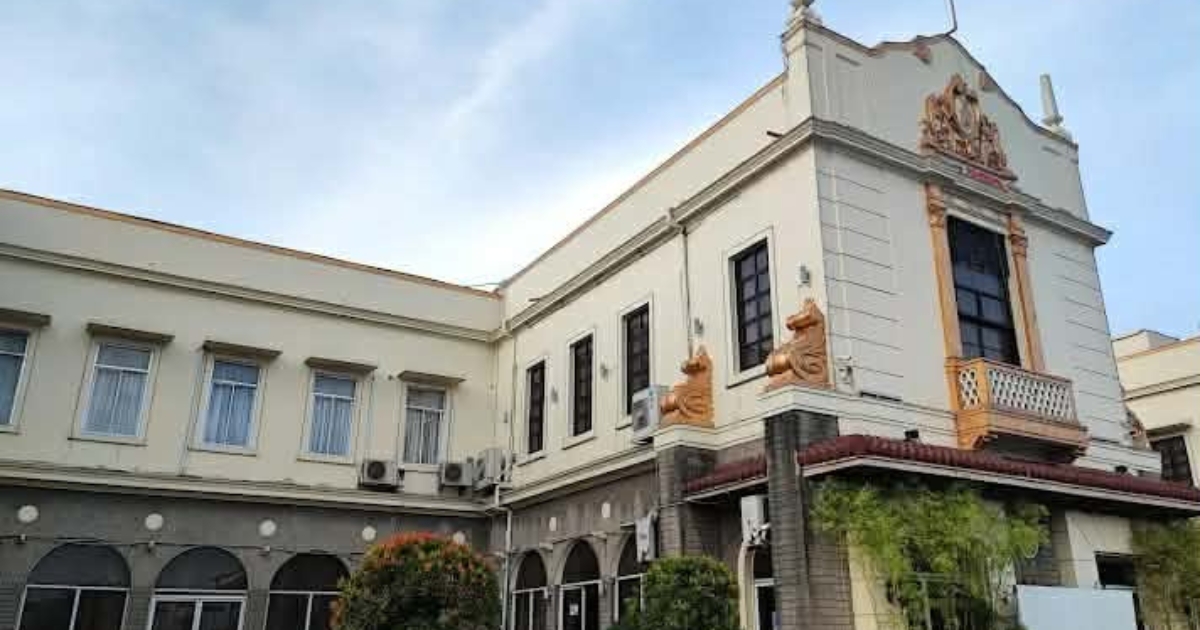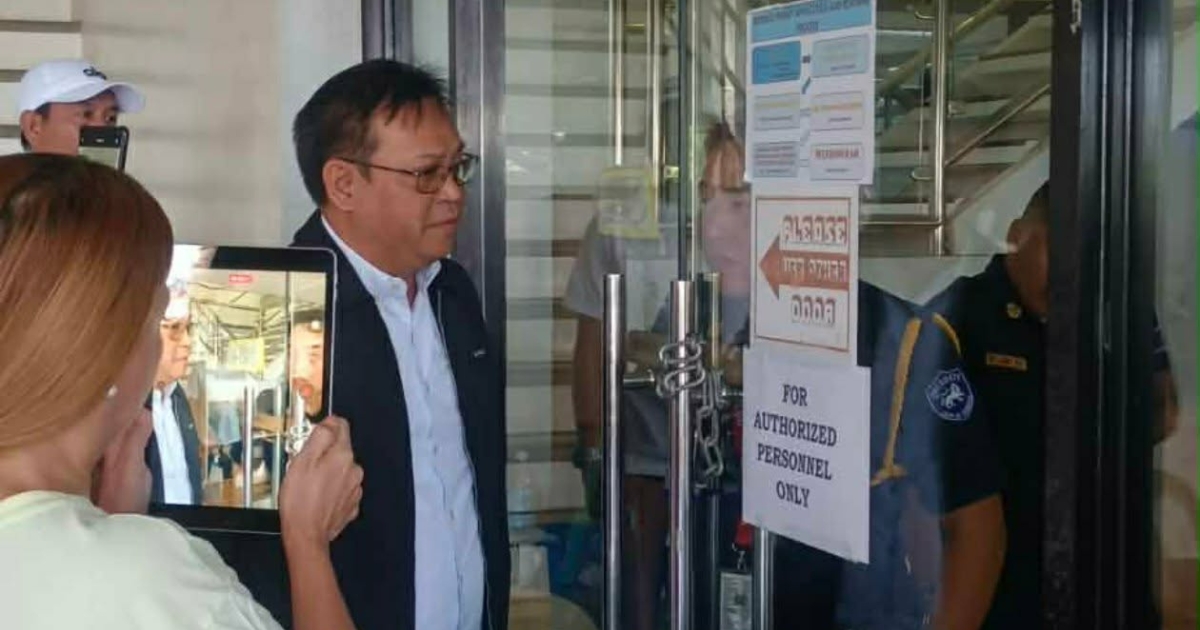Cebu Governor Pamela Baricuatro’s Facebook post that used the term “yuts” and asked, “Who do you think you are?” has triggered backlash and a response from former Mandaue City Treasurer Atty. Regal Oliva, who described the remark as hurtful and demeaning.
Baricuatro made the post on Sunday, October 19, 2025, on the same day Oliva, a transgender woman, released her “Regal POV” episode explaining why the International Criminal Court (ICC) denied former President Rodrigo Duterte’s request for interim release.
The governor’s post read, “Kahilas nimo yuts! Who do you think you are??? Tatay Digong Forever!”
The post quickly spread across social media, with many users interpreting it as directed at Oliva.
Online discussions grew heated, as some netizens criticized the use of “yuts,” a term often associated with LGBTQ+ circles but sometimes used in a derogatory way.
Baricuatro later commented under her own post that she meant no offense to members of the LGBTQ+ community.
She explained that “yuts” was a term she often used jokingly among friends.
“Ayaw mo kalain mga LGBTQ kay it’s a term of endearment naku sa mga friends. Daghan kong friends nga babay nga yuts. Nothing against you at [all],” she said.
The following day, Oliva addressed the issue in a Facebook live video without directly naming Baricuatro.
She said the remark was painful, particularly when it came from someone outside her community, and that such words can reduce a person’s identity to mockery.
She shared that while she felt deeply hurt, she refused to answer with anger or insults, choosing instead to emphasize dignity and understanding.
In her “Regal POV” episode, Oliva discussed the ICC’s ruling on Duterte’s case, stressing that the matter was about accountability and not politics.
“When a man once called Tatay Digong now stands before the International Criminal Court, it is no longer a matter of politics. It is a matter of law,” she added.
She explained that the denial of interim release was consistent with due process, as such privilege depended on trust and the individual’s record before the court.
Her commentary drew backlash from Duterte supporters, who accused her of disloyalty to the former president despite previously receiving the Duterte family’s endorsement during her congressional campaign in Mandaue City.
Amid the criticism, Oliva released a public apology to those who may have been offended by her statements.
“To those I may have hurt, please know that I am deeply sorry. I did not mean to insult. I only meant to explain,” she said.
She later reflected that her words might have sounded harsher than she intended, especially since she was tired and had tried to express her thoughts poetically.
Oliva also denied allegations that she was paid or influenced to produce the video.
She clarified that her opinions were entirely her own and that she continued to respect the Duterte family, recalling how they had warmly welcomed her in Davao.
She added that she remained politically independent, pointing out that her position as city treasurer prohibited her from joining political parties or engaging in partisan politics.
Despite the controversy, Oliva called for reasoned debate and mutual respect online.
She said that when discussions turn personal, “the space for truth becomes polluted with hatred,” and reminded the public that disagreement should not lead to disrespect.











